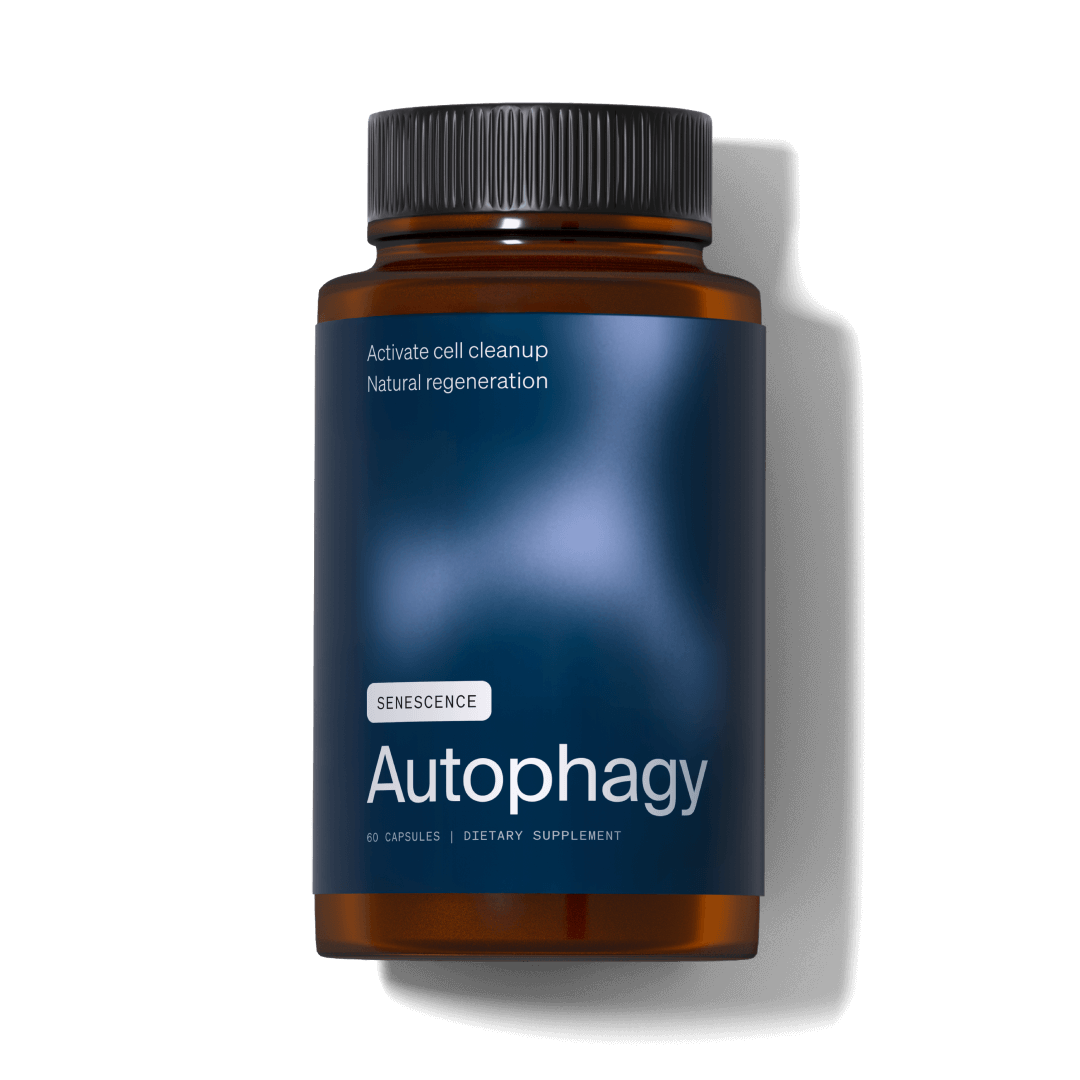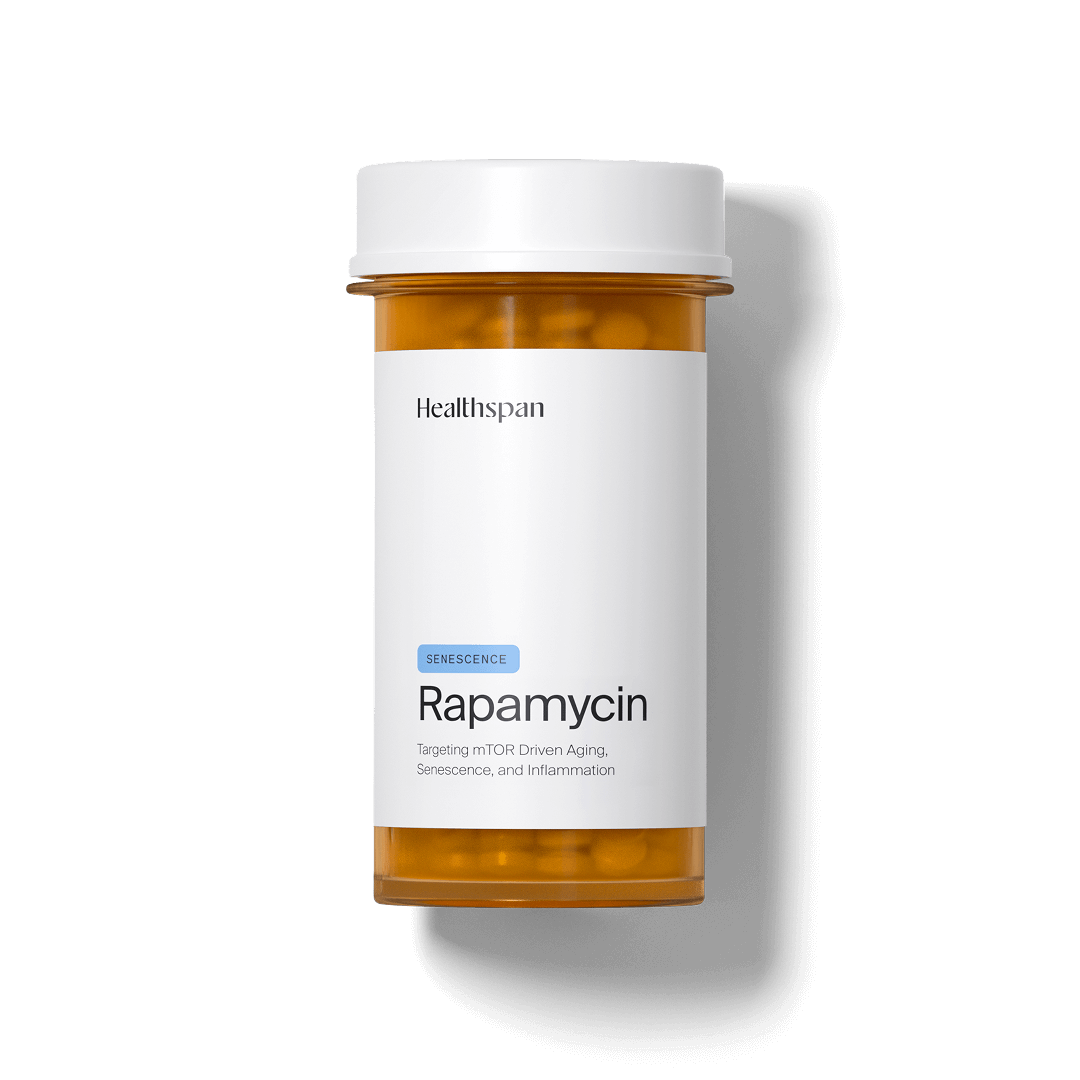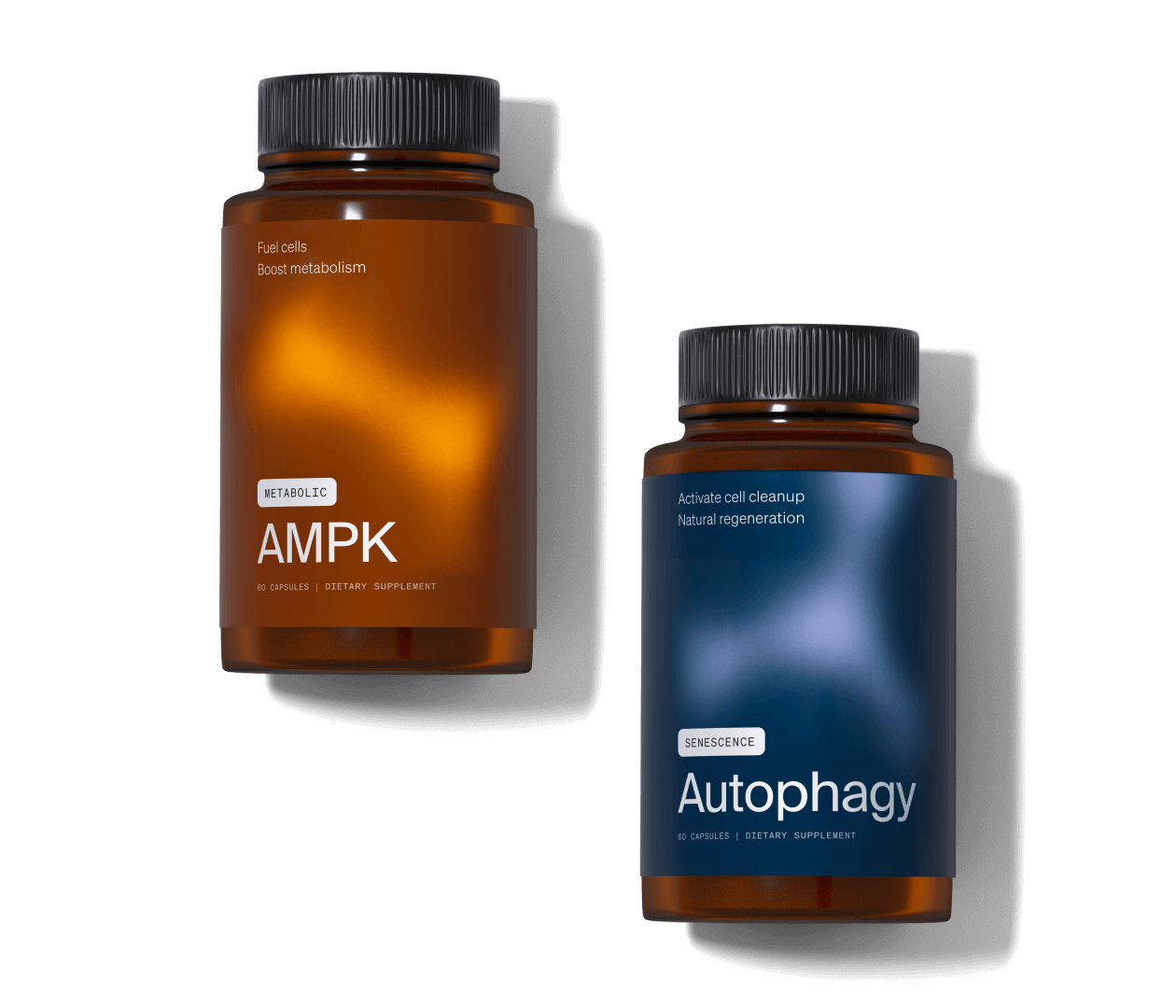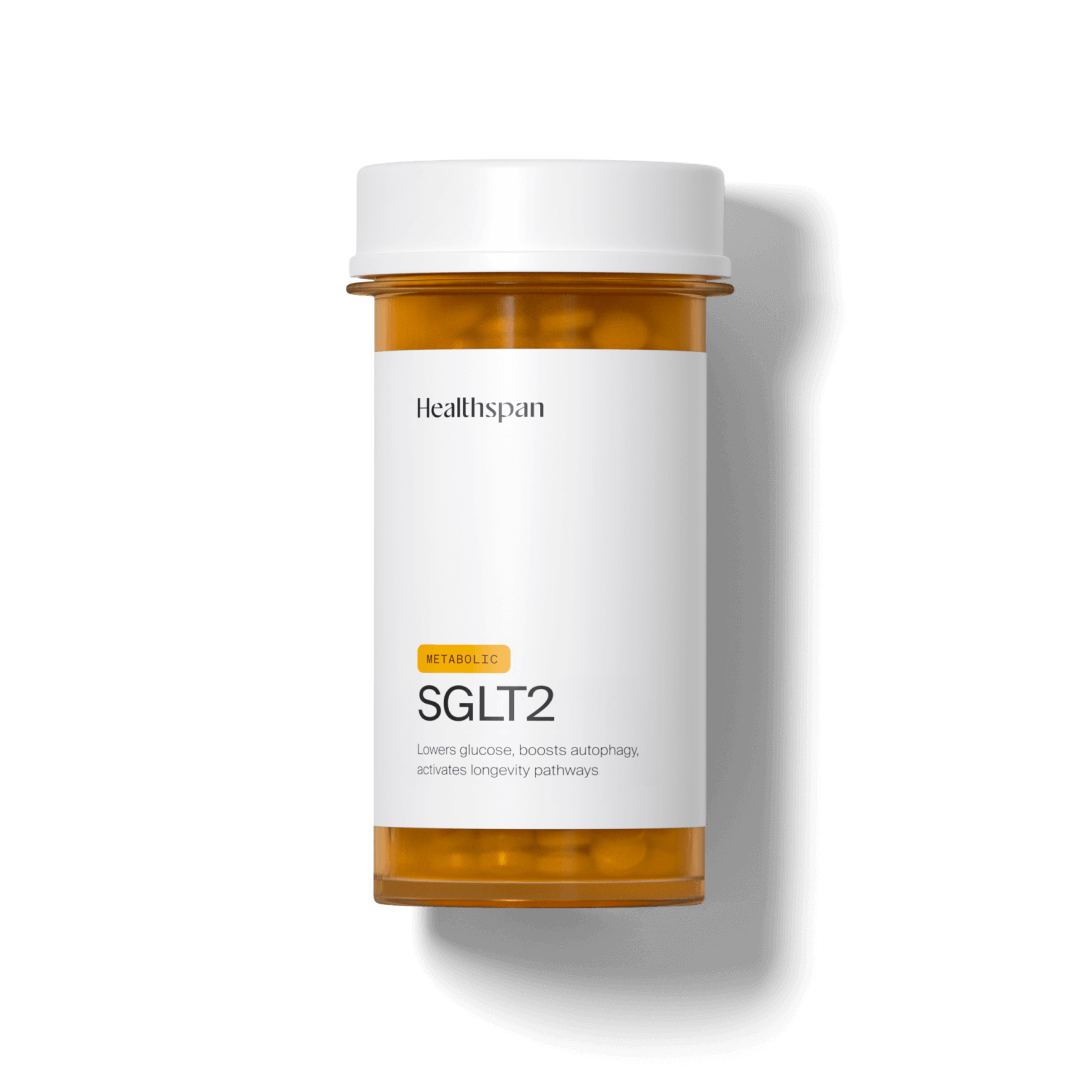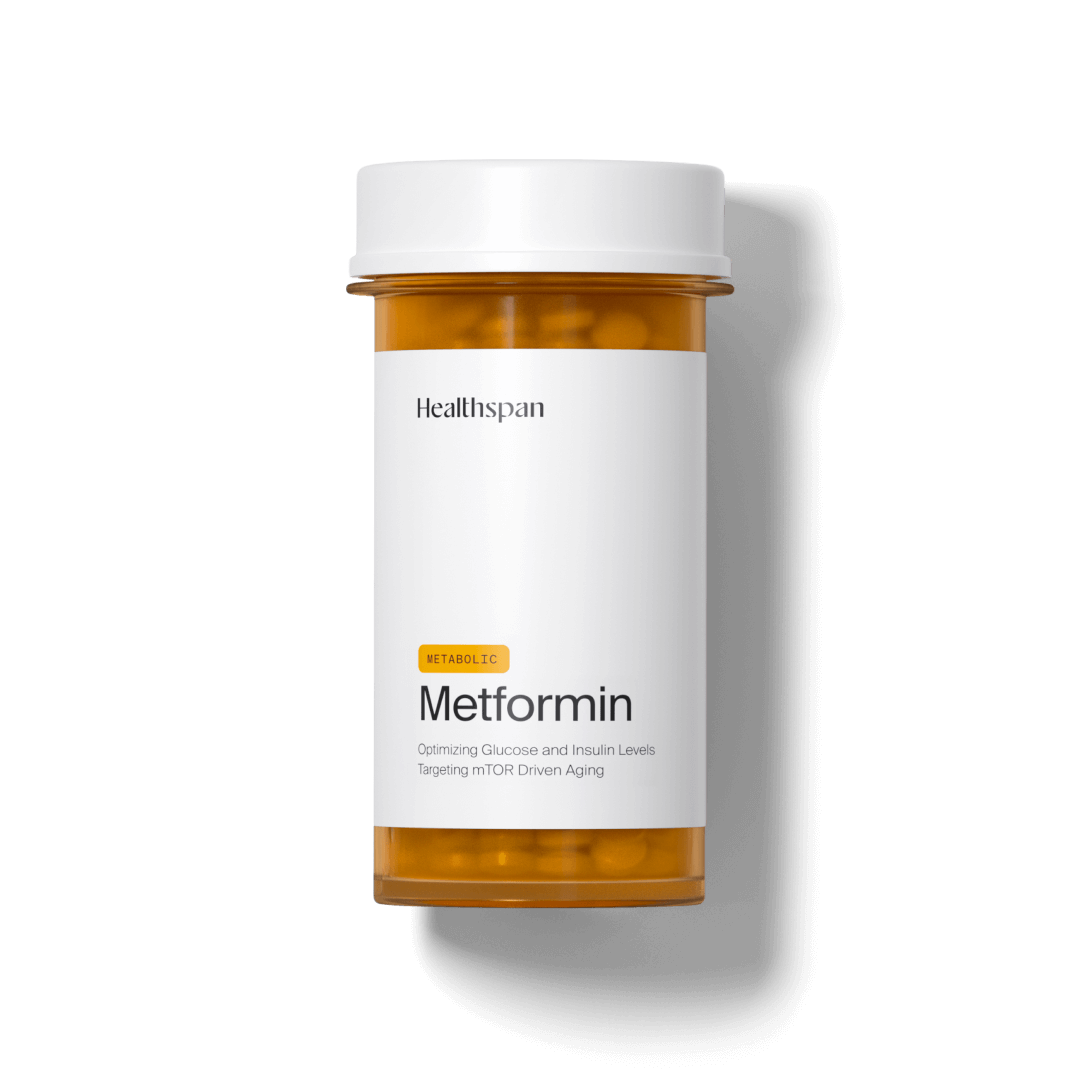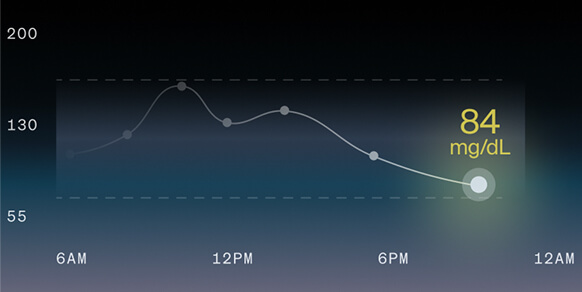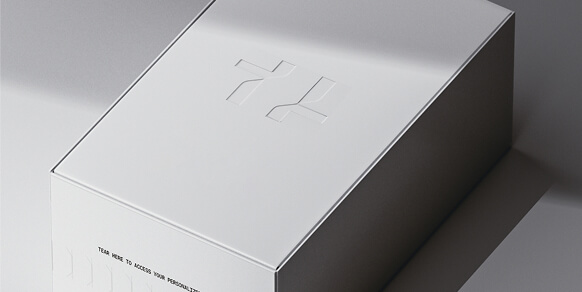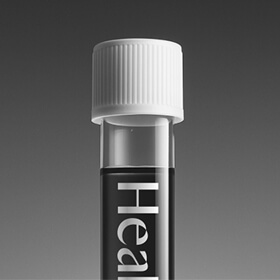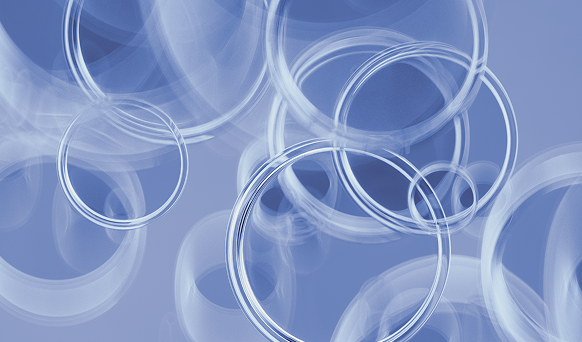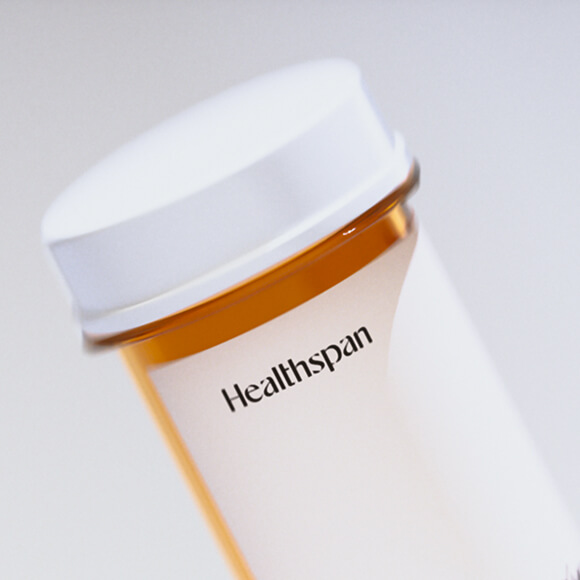The Science
Autophagy is the body's built-in recycling system. When it slows with age, damaged cell parts and proteins accumulate, fueling cellular dysfunction and accelerating aging. Enhancing autophagy helps renew cells, sustain energy, and slow the fundamental drivers of aging.
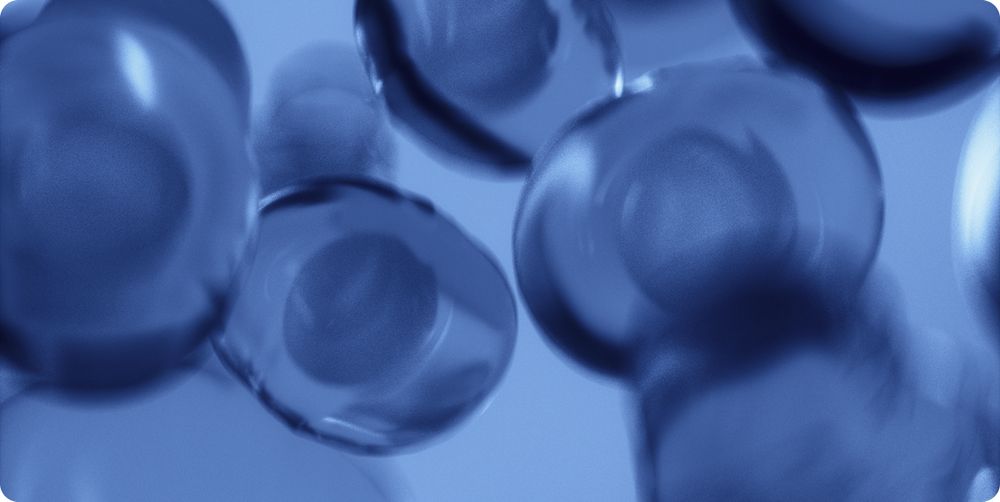
What is autophagy?
(aw-TAH-fuh-jee)
Just like we take out the trash to keep a house running smoothly, our cells use autophagy to clean up inside. This natural recycling process breaks down damaged parts—like worn-out mitochondria or misfolded proteins—and reuses the materials to repair and renew. When autophagy works well, cells stay efficient and resilient. When it slows with age, debris builds up, fueling decline and disease.
What it means for healthspan
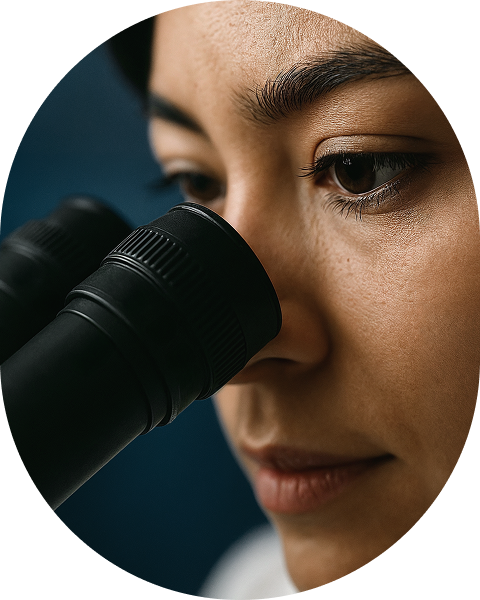
Interventions can help
Reduce inflammatory damage
Cellular waste triggers inflammatory responses that accelerate tissue breakdown, so activating autophagy clears debris and reduces chronic inflammatory burden.
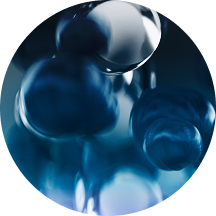
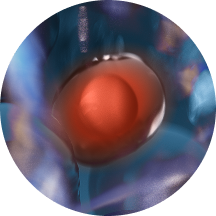

Cellular Cleanup and Stability
Autophagy eliminates misfolded proteins, toxic aggregates, and damaged organelles. This prevents neurodegeneration, reduces DNA damage, and protects against cellular instability that drives the degradation of tissue function.
Stem Cell Maintenance and Tissue Regeneration
Autophagy helps preserve stem cell populations by preventing toxic buildup. By protecting these renewal systems in muscle, liver, gut, and blood, autophagy sustains tissue repair capacity and delays the functional decline that accompanies aging.

Cellular Cleanup and Stability
Autophagy eliminates misfolded proteins, toxic aggregates, and damaged organelles. This prevents neurodegeneration, reduces DNA damage, and protects against cellular instability that drives the degradation of tissue function.

Reduce inflammatory damage
Cellular waste triggers inflammatory responses that accelerate tissue breakdown, so activating autophagy clears debris and reduces chronic inflammatory burden.

Stem Cell Maintenance and Tissue Regeneration
Autophagy helps preserve stem cell populations by preventing toxic buildup. By protecting these renewal systems in muscle, liver, gut, and blood, autophagy sustains tissue repair capacity and delays the functional decline that accompanies aging.
Hear from our patients
Ahead of the field
Featured In
Featured In
“I would say that rapamycin is the current best-in-class for a longevity drug”
“Rapamycin... is at the leading edge of a generation of research trials.”
“I would say that rapamycin is the current best-in-class for a longevity drug”
“Rapamycin... is at the leading edge of a generation of research trials.”
“I would say that rapamycin is the current best-in-class for a longevity drug”
“Rapamycin... is at the leading edge of a generation of research trials.”
“I would say that rapamycin is the current best-in-class for a longevity drug”
“Rapamycin... is at the leading edge of a generation of research trials.”
We study the studies
Healthspan longevity experts continuously review the latest clinical research, curating results to help deepen your understanding of aging science.
